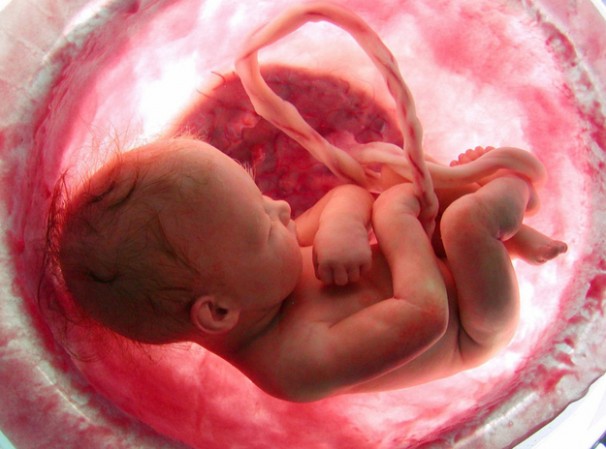A Texas state lawmaker filed a bill Thursday to protect unborn babies by banning all abortions in the state.
The Star-Telegram reports Texas state Rep. Tony Tinderholt, R-Arlington, is sponsoring the bill. He said he is dedicated to protecting unborn babies from abortion in Texas.
His bill, Texas House Bill 948, or “Abolition of Abortion in Texas Act,” would amend the state code to say that a child’s life begins at “the moment of fertilization.” It also would remove exceptions for abortion from the state penal code on criminal homicide, and allow abortion practitioners and women to be charged with murder. The bill includes an exception to allow an abortion if the mother’s life is in jeopardy.
“I’m pretty passionate about the pro-life movement,” Tinderholt told the newspaper. “When you read and see how abortions are performed, and how they end the life of an innocent child, it amazes me that we allow that.
“When we look back over history and we see … the cultures that took the lives of children, people are appalled by that,” he continued. “People are going to do that with America, too, and look back one day and say they can’t believe we allowed this.”
Abortion activists in Texas quickly attacked the bill as the “most extreme measure” in the state legislature this year.
The Texas Observer, a liberal news outlet, reports more:
Follow LifeNews.com on Instagram to help us share pro-life pictures.
The bill classifies a fetus as a “living human child” from the moment of conception, and it argues that a fetus has the same privileges and rights as “any other human child.”
“This is a latter-day attempt at nullification of federal law or Supreme Court decisions, and it’s not going to work. Period,” said University of Texas law professor Sanford Levinson. “There is simply no doubt whatsoever that it is unconstitutional under current law.”
Because of the current make-up of the U.S. Supreme Court, Levinson is correct that the measure likely would be overturned. In 2012, the Oklahoma Supreme Court struck down a similar personhood bill as unconstitutional because it recognized unborn babies as human beings with a right to life.
The key to ending legalized abortion is overturning Roe v. Wade, and the current Supreme Court justices are highly unlikely to do so, especially after the unexpected death of pro-life Justice Antonin Scalia. Three of the justices, Clarence Thomas, Samuel Alito and John Roberts, potentially would vote to overturn Roe and return abortion laws back to the authority of the states; but five of the other justices almost certainly would not. Scalia’s seat on the high court remains empty.
President-elect Donald Trump promised to nominate “pro-life” justices to the high court, but he would need to nominate and the Senate would have to confirm several before there is a chance of Roe v. Wade being overturned.
Most pro-lifers also would be concerned if women faced prosecution. While pro-life advocates yearn for the day when unborn children are protected under law and abortions are banned, the pro-life movement has historically opposed punishing women who have abortions — instead focusing on holding abortion practitioners criminally accountable for the unborn children they kill in abortions. Current abortion bans, such as the ban on partial-birth abortions, do not punish women who have abortions.
The movement tends to view women, who frequently are pressured or coerced into having an abortion, as second victims of the abortion industry. That is how states viewed women prior to Roe v. Wade, too, according to research by Clarke D. Forsythe, senior legal counsel for Americans United for Life.
In 2016, Forsythe wrote:
This political claim is not an abstract question that is left to speculation—there is a long record of states treating women as the second victim of abortion in the law that can be found and read. To state the policy in legal terms, the states prosecuted the principal (the abortionist) and did not prosecute someone who might be considered an accomplice (the woman) in order to more effectively enforce the law against the principal. And that will most certainly be the state policy if the abortion issue is returned to the states.






